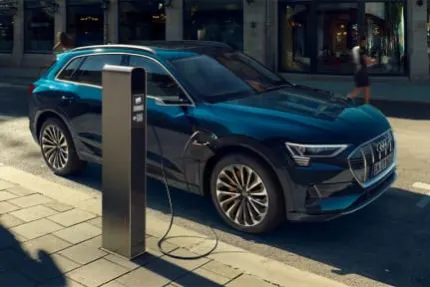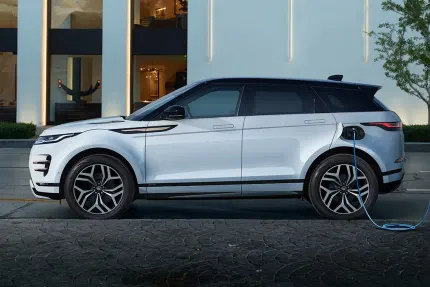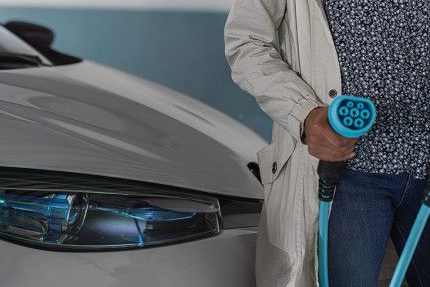
Hybrid and Electric Vehicles
With more choice of electric and hybrid vehicles than ever before it's getting easier every day to make the switch to an EV
Electric is the future from 2030 the UK government is banning the sale of all new diesel and petrol vehicles, making electric and hybrids more interesting than ever.
The majority of manufacturers now offer a choice of electric and hybrid vehicles for customers to opt for, plus many more choices on the way.
Electric & Hybrid from Swansway Motor Group
As one of the UK’s leading family owned car dealers in North West England, the Midlands and North Wales, we’re proud to offer a wide range of models that tick all the boxes when it comes to style, advanced technology and eco-friendly powertrains. Whether you’re looking for family hybrid cars or urban runners perfectly designed to navigate city life – we’ve got you covered.
With over 50 years of industry experience and more than 20 car and van dealerships representing brands including Audi, CUPRA, Honda, Jaguar, Land Rover, PEUGEOT, SEAT, Volkswagen and Volkswagen Vans, we know the automotive world inside out and offer a fantastic selection of new electric and hybrid vehicles to suit all tastes.

Types of Hybrid & Electric Vehicles
We explain the different types of all-electric vehicles and hybrid-electric vehicles

How fuelling your EV is different
All your charging questions answered

Electric & Hybrid Running Costs
Is owning an electric vehicle cheaper?

Electric Vehicle Maintenance
Find out how to keep your EV maintained to keep it at it's best.
Search Electric Cars
Electric Vehicle FAQ's
Can't find the answer to your question?
Our experts are on hand to help with any additional questions you may have!
Terms & Conditions
*All prices shown are MDP (Manufacturer’s Direct Price), inclusive of VAT. Sold by CUPRA UK, a trading division of Volkswagen Group United Kingdom Limited. MDP includes: delivery to Agent, number plates, new vehicle registration fee, the first year's Vehicle Excise Duty and VAT (calculated at 20%). CUPRA UK may change the MDP at any time (this includes where there are government changes in regulation and/or legislation). There may be a delay to any MDP prices displaying correctly on our materials